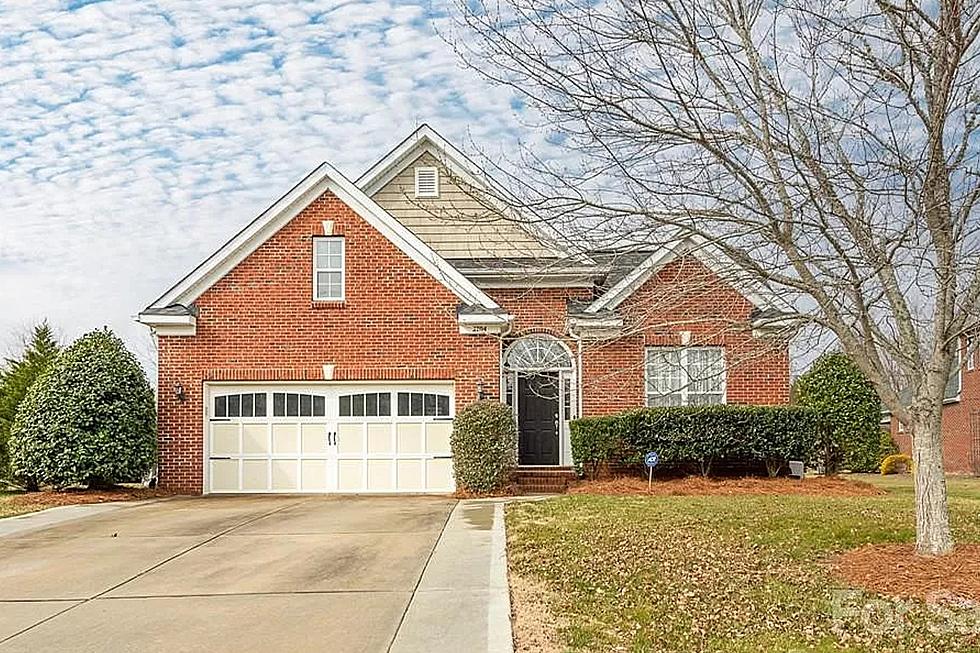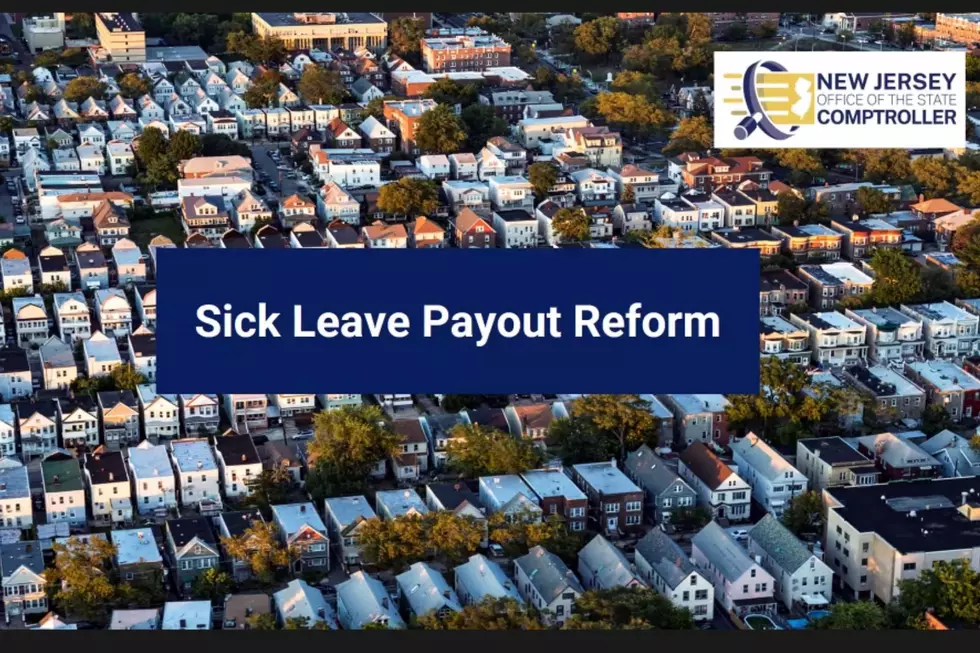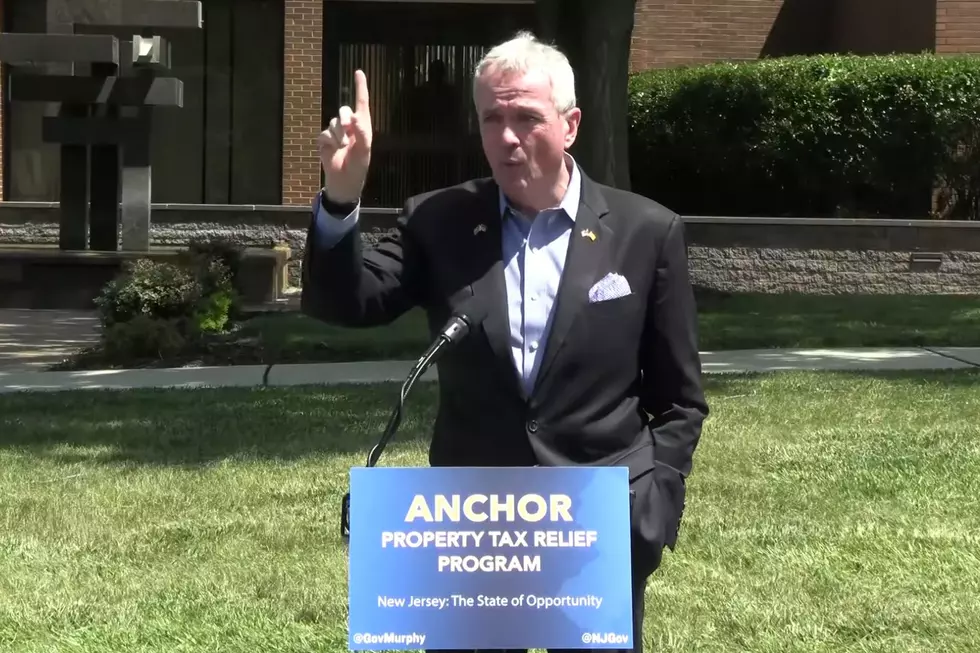
How NJ spends $10M a year trying to tame property taxes
TRENTON – New Jersey budgets $10 million a year for a variety of grants to local governments to encourage shared services, with the goal of cutting or at least restraining the state’s tops-in-the-nation property tax bills.
The state provides three types of funding through its Local Efficiency Achievement Program, or LEAP, said Jacquelyn Suarez, director of the Division of Local Government Services in the state Department of Community Affairs: challenge grants, implementation grants and county coordinator fellowship grants.
What are county coordinator fellowships?
The state makes available grants of $50,000 to each county to cover the salaries of shared services county coordinator fellows. It's part of an initiative announced two years ago that supports the hiring of young professionals to help identify shared-services opportunities in partnership with a senior-level county professional.
“We figured if we could pay for those coordinators, it would pay dividends going forward in them actually serving as the lynchpin in that county to come up with the shared services that would work best for them and their municipalities,” Suarez said.
Six counties have county coordinator fellows: Atlantic, Bergen, Cumberland, Gloucester, Ocean and Union. Fifteen still do not, but Suarez said startup conversations are ongoing with several others.
“Not every county has taken us up on that yet, but each year we bring on more and more,” she said.
What are challenge grants?
“The challenge grants are funding that we use to kind of encourage some of the most compelling projects in New Jersey’s 21 counties,” Suarez said.
Suarez said these projects go beyond the simpler “low-lying fruit” of shared services and seek to promote innovations such as the new agreement between Essex and Union counties involving the Union County Jail, which is expected to save $20 million. The grants can be up to $150,000.
“This is attempting to just like its namesake says challenge those counties to come up with the most creative things they could possibly do,” she said. “Some of the more expensive types of shared services that would have the biggest impact on tax savings.”
What are implementation grants?
“We want them to get across the finish line, and we don’t want any impediments to get in the way,” Suarez said. “Sometimes the impediment is actually just the startup costs so that you can realize those savings later on.”
That is where implementation grants come in. This year, that financial help toward one-time reimbursable costs has included $250,000 toward consolidating fire companies in Salem and $250,000 toward the Essex and Union jail consolidation.
“Those would include things like technology costs incurred as part of equipment for a shared-services program,” Suarez said. “Sometimes you need to rebrand if you’re going to be merging, whether it’s fire districts or if we’re talking about police departments, having to kind of rebrand, come up with a different name and the costs associated with doing that. Same thing with equipment and vehicle outlay expenses, any kind of professional services that they may have needed to hire or utilize in figure out shared service. It can even be rent for facilities, even payroll conversion, things of that nature.”
How about all those school districts?
School consolidation studies are also encouraged through implementation grants.
“Now we’re talking about real implementation, regionalization plans that could be realized and that we’d be happy to help assist in those costs to see just how the consolidation would have to work for these school districts to kind of come together,” Suarez said.
Last month, the state awarded grants to study potential school consolidations involving Bloomsbury and North Hunterdon-Voorhees Regional; Buena, Estell Manor and Weymouth in Atlantic County; North Warren Regional, Knowlton, Blairstown and Hardwick; and Newfield and Pittsgrove in Salem County.
“That’s where you really get sort of into the meat and potatoes of how this really works,” Suarez said of the consolidation studies. “What’s it going to mean for the schools? What’s it going to mean for the students, the districts, the teachers? And that’s where they start to really delve into how are they going to implement that?”
More than money
Suarez said the LEAP grants are about more than just potential savings.
“I know that that’s always the thing. Of course that’s the sexy part of this with property taxes so high in New Jersey, how do we reduce them?” she said. “I think it’s also important to just couch this as a way to also make sure that the services are maintained for years to come in a way that’s either as efficient if not more efficient going forward. So, that’s also a component that we look at when we’re evaluating these programs and projects that come across our desks.”
How many shared service deals?
Suarez said it’s hard to say how many shared-services agreements are already being followed but that it could be thousands. Details aren’t always shared with the state, she said.
“Sometimes one of the more difficult components for us is making sure that after they’ve been implemented, that we have a database for them. And that wasn’t always been easy,” Suarez said. “You would think that it’s logical, especially being the Division of Local Government Services. But sometimes we actually hit a roadblock after the shared service has been implemented with collecting the data on how much they’ve actually saved and the progress that they’ve made in that shared service.”
Suarez said her division is working with legislators to ensure whatever bill passes next that has to do with shared services, it requires reporting about the details with the state.
“That way we can have that database and utilize it, so that way we can actually show the locals around the state what’s been done, how much savings have been realized and almost create kind of a blueprint for them to kind of mirror going forward,” she said.

State help available
The state created a Local Assistance Bureau, or LAB, in 2019 that oversees shared services and provides other technical assistance to local governments.
“We’ve been really trying to brand ourselves as somebody for the locals to reach out to, as opposed to the state coming in with something that’s already been a problem and it’s hit the fan,” Suarez said. “We really want to be the go-to place when it comes to these technical provisions and guidance that’s necessary, not just effectuate shared services but any kind of issues the municipalities may have.”
Michael Symons is State House bureau chief for New Jersey 101.5. Contact him at michael.symons@townsquaremedia.com.
NJ towns that actually cut property taxes in 2020
COMPARE: Highest 2020 property taxes in each county
More From New Jersey 101.5 FM









